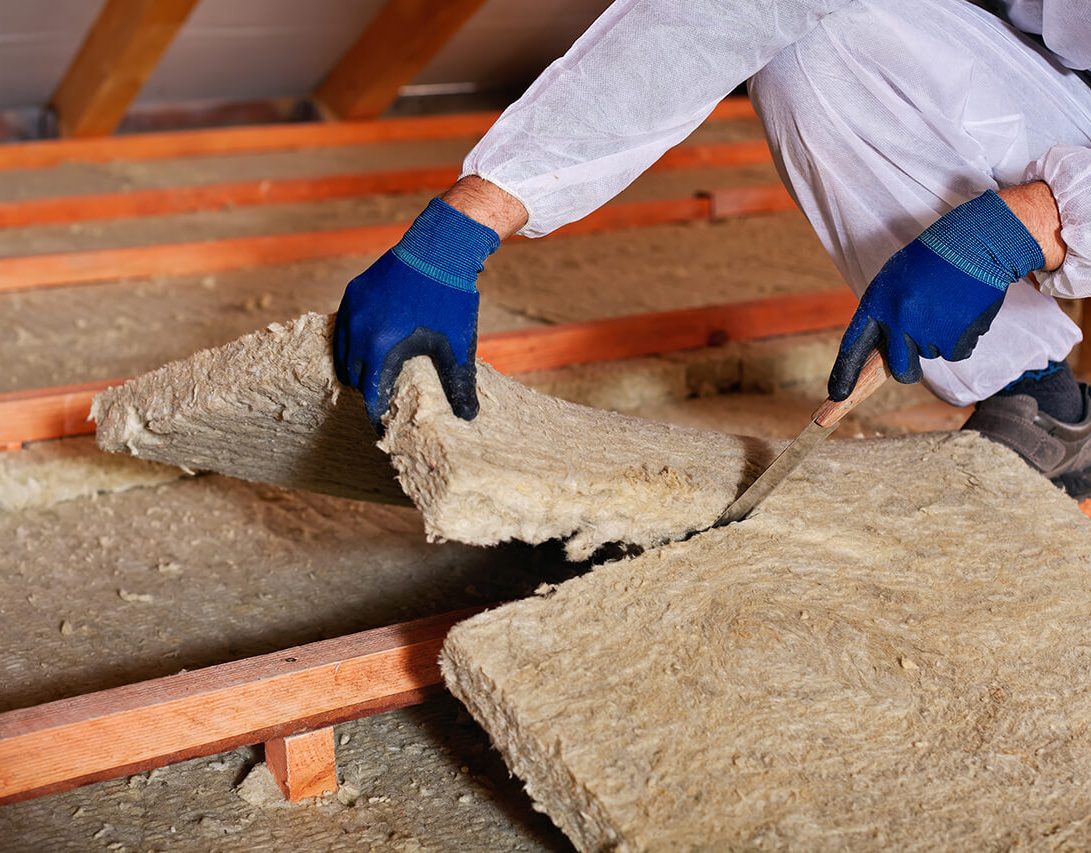Talk to Your Builder
When hiring a builder, make sure he or she understands your goals for the new build. Don’t just ask the builder to use energy-efficient materials; request a list of the products. Use products that are made from recycled materials, or choose products that are eco-friendly alternatives to commonly used materials. Cork flooring is a great example of both.
Orientation is Important When Building an Energy-Efficient Home
Start the building process by purchasing land that will allow your home to be built with large south-facing windows. Passive solar can reduce heating costs by as much as 25%. If the home is well-insulated, it will retain the heat from the sun to keep the house comfortable.
You can also build a home to take advantage of natural lighting. Save energy on lamps and lighting if you design the house to use the sun throughout the day.
Insulation
On average, 40% of a home’s energy loss is due to poor insulation. If you’re building a green home, choose quality insulation. Fiberglass is inexpensive and commonly used, but it is also the least effective type of home insulation. Plus, fiberglass insulation only lasts about 10 to 20 years. Spray foam insulation will reduce energy bills, boost your home’s value, and it can last up to 80 years.
Build Smaller
A home with a compact layout is more energy-efficient than a home that is spread out over the property. Build smaller to help save energy. Making the decision to build a home with less square footage means less destruction to the land, fewer materials needed, a smaller area to clean, and less space to heat and cool.
Choose Energy-Efficient Appliances for Your Home
The appliances used in your home will account for around 13-15 % of your annual energy bill. When shopping for appliances, choose models that are Energy-Star rated. Quality appliances may cost more upfront, but you’ll save in the long term. Explore options for water-heating. Depending on how much hot water your household uses, a tankless model may be more efficient. You could also consider installing a solar water heating system.
Spot On Inspection provides home inspections services to Houston and the surrounding areas. Contact us to request an appointment.

